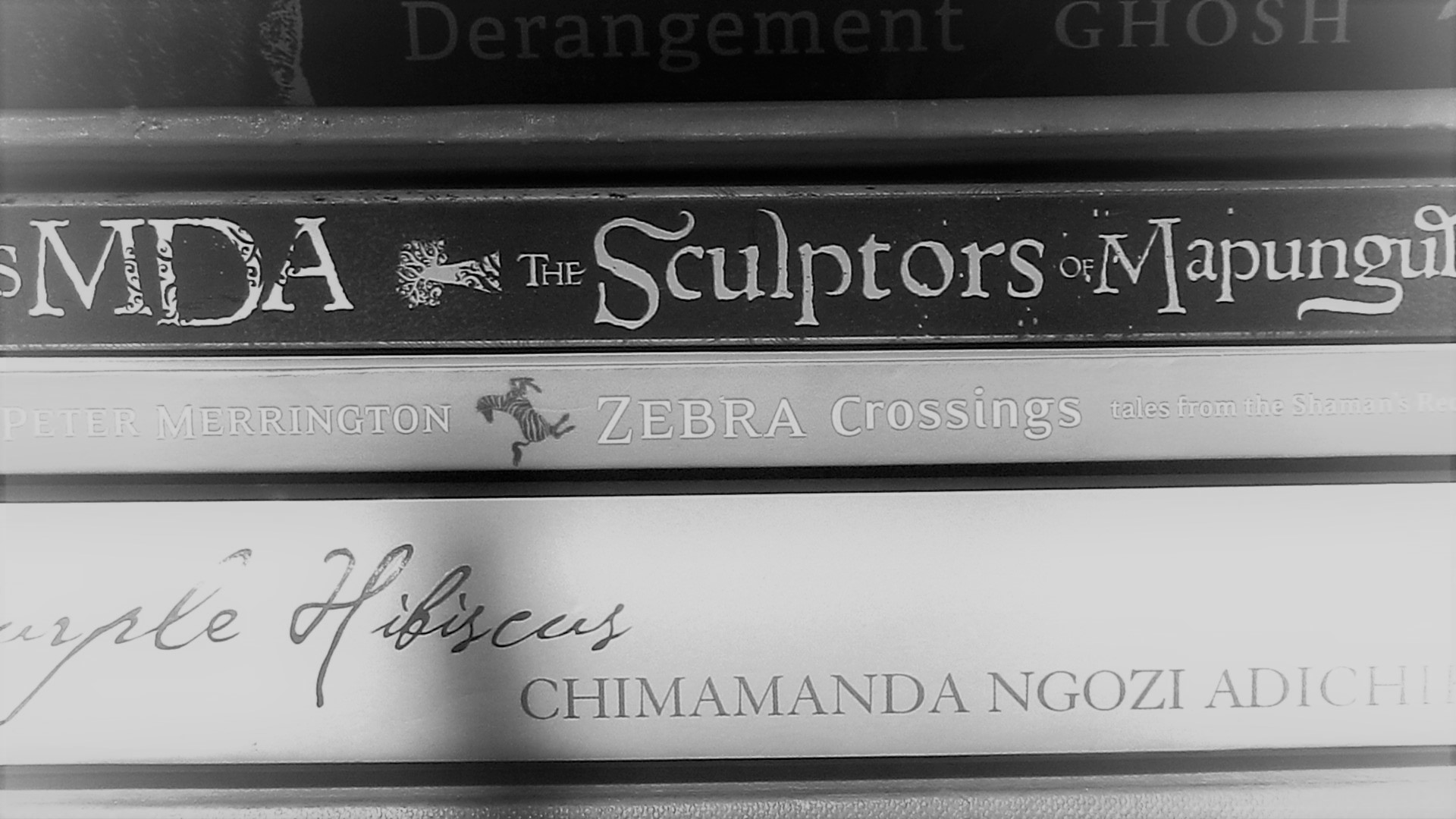I recently finished reading ‘The Sculptors of Mapungubwe’ by Zakes Mda and I loved it so much when I first started reading it, I had to stop because I didn’t want it to end…… That notwithstanding when I did pick it up again I finished it in a couple of hours (I blame the font, it was large…).
It is set in the Kingdom of Mapungubwe in the 13th century CE… “except in Mapungubwe the people didn’t count time in that way” – so Mda shifts gear for you as you begin the novel setting the stage for the rest of the book. Do I recommend it? If you like historical fiction, reimagining African history, adjust-your-lenses fiction, then yes. Here’s what I thought of it written as a letter to Zakes.

Dear Zakes,
Can I call you by your first name?
Moving on swiftly, thank you for your book, Sculptors of Mapungubwe – I loved it. So much so, that I went in search of more of your writing. Perhaps it wasn’t the most auspicious introduction to your work – I hear The Heart of Redness is much more celebrated…but for R300 and with an enticing blurb, Sculptors enticed me and I’m glad it did.
Why did I love the book? Because of the way you dreamt into and reimagined the past that these 2 sculptors and their community inhabited in Mapungubwe a thousand years ago. Because of the research that you did, and how you wove the much or little that you found into a telling of what the lives, worries, pettiness, glories and downfalls of people living then (possibly) were. I want to do the same in my writing and this is the first novel I have read that has delivered something from that past into the present and future.
Your novel reminded me of when I read about King Moshoeshoe, leader of the Basotho in the 19th century and his ethical leadership style in an Environmental Ethics and Leadership class at the Sustainability Institute. The author questioned why King Moshoeshoe’s story was not better known, and he and his mentor looked to in discussions of ethical leadership, and taught in schools on the African continent….and indeed why isn’t it? Works like yours bring alive pasts that have been deemed outside of the realm of history, and wiped clean off the slate – to the detriment of our memories and our futures.
Now your novel was wonderful for these reasons, but also because it was a good story fullstop.
I enjoyed how you questioned the sources and merits of different kinds of creativity for communities. Shall we recreate what we see around us exactly, or shall we explore the depths of our imagination and create from there, even when what we create is laughable for its lack of resemblance to things known? Deep.
What are our relationships with animals and nature in general? Do we thank those that provide us with food and honour them?
What is the place of indigenous peoples and traditions in our changing communities? What is the place of those deemed disabled, or differently able?
How do different lusts and greeds lead to different ends? Lust for power, for gold, for adventure and travel, for freedom. When do we achieve a good ending to our lusts versus another?
These are some of the questions I am chewing on after reading. Oh yeah, and when can I go visit?
I think the greatest gift of your novel for me was that you represented the past but did not paint it as fixed. Mapungubwe and the regions surrounding it and the people living there were fluid and changing – a quality we often give to our presents, but forget to accord to the past as well. If I have a complaint about the novel, it is that it ended too quickly.
Sincerely,
Wangũi.
[This review is part of my year of reading – look out for others]

Talk to me